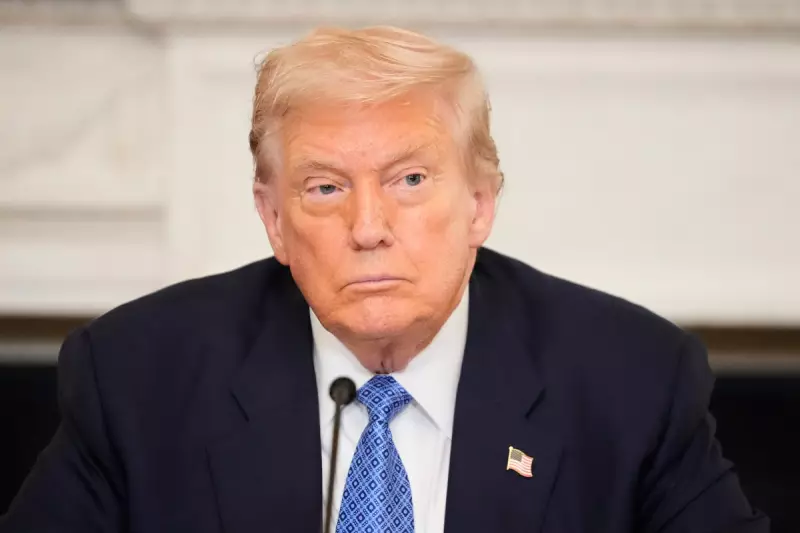
Former US President Donald Trump has once again stirred controversy with his remarks about Hawaii, suggesting the island state isn't genuinely part of the United States.
During a recent speech, Trump reportedly questioned Hawaii's status as a US state, implying its location in the Pacific Ocean made it somehow less American. His comments have drawn sharp criticism from politicians and historians alike.
The Historical Facts
Hawaii officially became the 50th US state on 21 August 1959, following a referendum where over 90% of voters supported statehood. The islands have been an integral part of America for over six decades.
"This isn't a matter of opinion," said Dr. Sarah K. Thompson, a professor of American history at Honolulu University. "Hawaii's statehood is enshrined in US law and recognized internationally. Questioning this basic fact undermines both history and the Hawaiian people."
Political Backlash
Hawaiian officials were quick to respond to Trump's remarks. Governor Josh Green stated: "As someone who took an oath to defend the US Constitution, I find it disturbing that a former president would deny the legitimacy of any state. Hawaii's contributions to our nation are immense and undeniable."
The controversy comes as Trump campaigns for another presidential term. Political analysts suggest these comments may alienate voters in Hawaii and other Pacific territories.
Why This Matters
Beyond the historical inaccuracy, experts warn that such rhetoric could have real consequences:
- Undermines the rights of Hawaiian citizens
- Creates unnecessary division
- Raises questions about Trump's understanding of basic civics
As the 2024 election approaches, statements like these are likely to face increasing scrutiny from both supporters and opponents.





